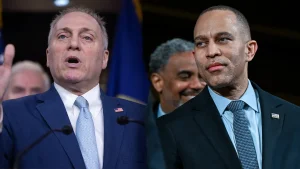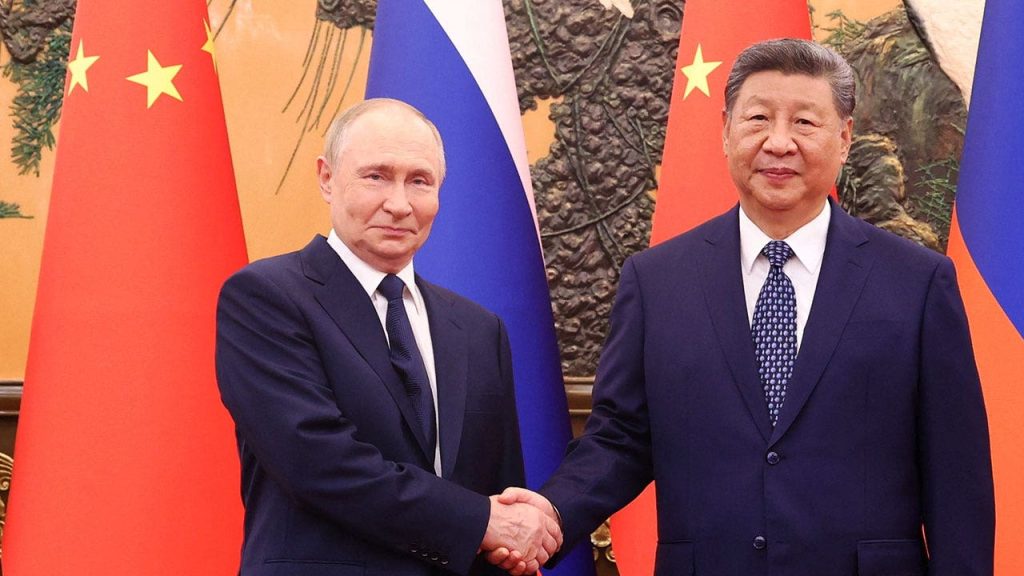Russia, China, and Global Alliances: A New Era of International Relations
In an increasingly multipolar world, the strategic partnership between Russian President Vladimir Putin and Chinese President Xi Jinping continues to evolve, showcasing what both leaders describe as “unprecedentedly high” ties. Their recent meeting in Beijing, occurring just before a significant military parade commemorating the 80th anniversary of World War II’s conclusion, reinforced their unified stance amid ongoing tensions with Western powers. Putin’s warm reception by his “dear friend” Xi highlights how Russia’s 2022 invasion of Ukraine has accelerated their alliance rather than isolating Moscow, as Western sanctions intended. This partnership represents more than bilateral cooperation; it symbolizes a growing coalition of nations seeking alternatives to Western-dominated international structures and norms.
The alliance extends beyond just Russia and China, incorporating other significant powers with strained Western relations. Iranian President Masoud Pezeshkian’s visit to China coincided with Putin’s, where he criticized what he termed “double standards” regarding impending UN sanctions targeting Iran’s nuclear program. Pezeshkian specifically highlighted the United States’ 2018 withdrawal from the Joint Comprehensive Plan of Action (JCPOA) under the Trump administration, arguing that “the same countries that violated the JCPOA are now claiming that Iran is not fulfilling its commitments.” This sentiment was echoed in a joint letter from China, Iran, and Russia to the UN Secretary General, characterizing Western actions as pursuing a “politically destructive” course. The synchronized diplomatic messaging demonstrates how these nations are aligning their international positions in opposition to Western policies.
North Korea’s entry into this diplomatic dance adds another dimension to the evolving geopolitical landscape. Kim Jong Un’s arrival in Beijing by armored train and his reception by Chinese officials including Foreign Minister Wang Yi raises questions about potential trilateral agreements involving China, Russia, and North Korea. While North Korea is not a member of the Shanghai Cooperation Organization (SCO), Kim’s strengthened ties with Putin suggest a possible expansion of this anti-Western coalition. The SCO itself, a nine-member intercontinental group that includes China, Iran, and Russia, represents an institutional challenge to Western-dominated international organizations. President Xi’s statement against “hegemonism and power politics” during the SCO summit highlights the organization’s positioning as an alternative power center in global affairs.
Economic cooperation forms the backbone of these developing alliances, with energy agreements playing a particularly significant role. The new natural gas deal between Russia and China announced during Putin’s visit demonstrates China’s commitment to maintaining robust trade relations with Russia despite potential economic consequences from the West. This agreement comes amid threats from the incoming Trump administration of substantial tariffs if Beijing doesn’t reach a favorable trade agreement with Washington by November. Meanwhile, U.S. Treasury Secretary Scott Bessent dismissed the summit as “performative” and criticized China and India as “bad actors” for continuing to purchase Russian fossil fuels. However, such criticism appears to have little impact on these nations’ determination to pursue independent economic policies outside Western influence.
The broader implications of these alignments extend to organizations like BRICS (Brazil, Russia, India, China, and South Africa), which has expanded to include Iran, Egypt, Ethiopia, and the United Arab Emirates. This growing economic bloc represents a significant portion of the global population and an increasing share of world GDP, positioning itself as a counterweight to Western-dominated financial institutions. India’s position is particularly nuanced, as Prime Minister Narendra Modi maintains relationships with both Western powers and this emerging coalition. This balancing act reflects the complex reality of modern international relations, where nations increasingly pursue multifaceted foreign policies rather than aligning exclusively with either Western or Eastern blocs.
The evolving international landscape reveals a fundamental shift in global power dynamics that will likely define international relations for decades to come. Rather than a simple bipolar division reminiscent of the Cold War, we’re witnessing the emergence of a more complex system where multiple centers of power negotiate their interests and where economic interdependence coexists with ideological and strategic competition. Western policymakers face the challenge of engaging with this new reality without escalating tensions or further driving these nations together. For countries like Russia, China, Iran, and North Korea, these alliances offer protection from Western pressure while creating new opportunities for economic and military cooperation. The ultimate question remains whether these developing partnerships will lead to greater international stability through balanced power distribution or increased tensions through hardened bloc politics. What’s clear is that the post-Cold War era of uncontested Western primacy has given way to a more competitive and multipolar world order.















